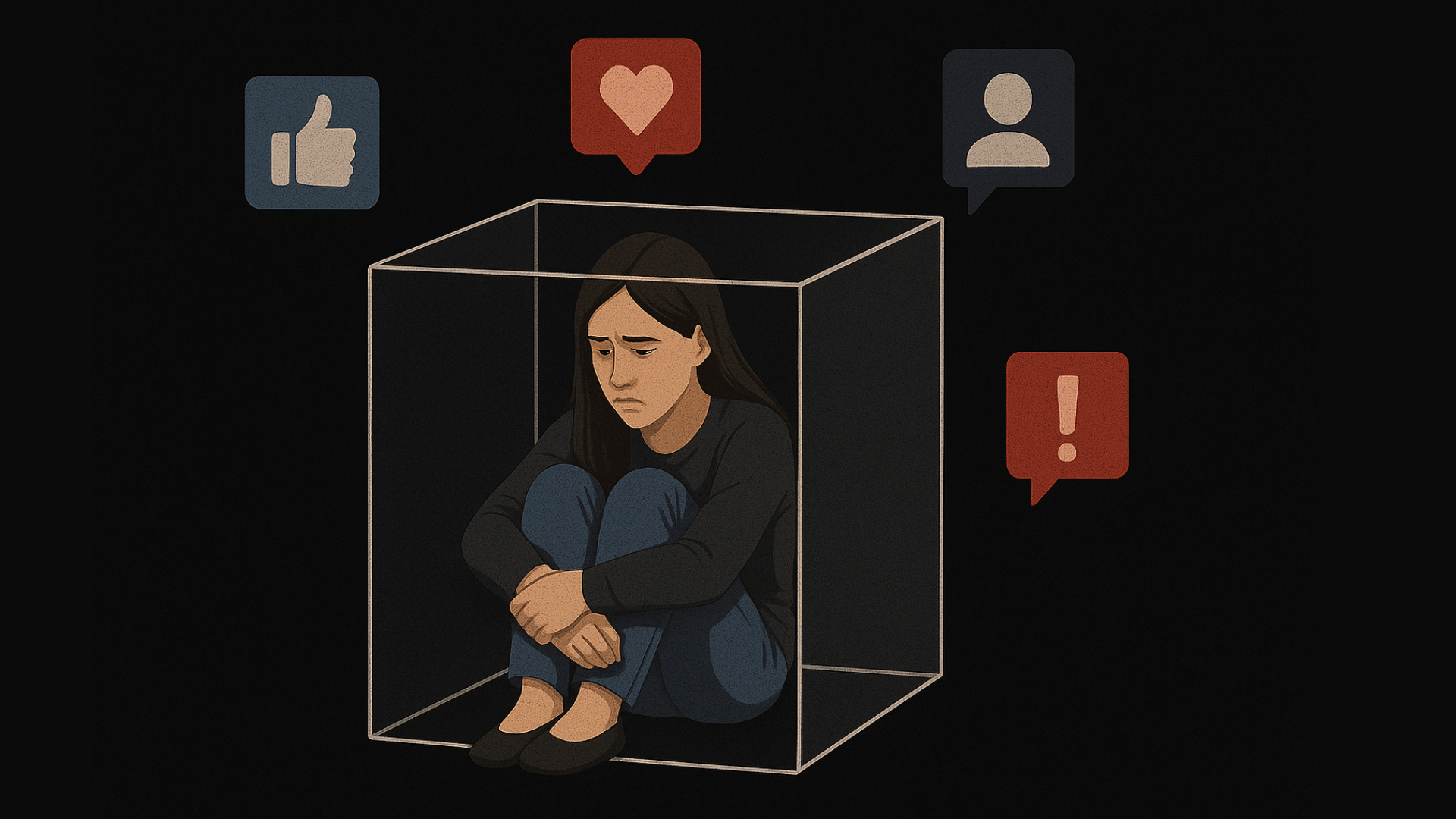You may have heard people on social media platforms use terms like “unalive” when they mean “kill” or “Yahtzee” when they mean “Nazi”. These are euphemisms for words that are related to sensitive topics, and if you stumble upon one of these videos it can feel like you’re hearing another language entirely.
TikTok has really been the breeding ground for this particular twist in the language of its users, but what the heck is going on here?
They Believe This Will Help Them Escape Detection by Moderators
The general explanation for the existence of these euphemisms is that they help avoid being shadowbanned, actually banned, or otherwise censored and deboosted. So that a TikToker can make a video discussing true crime, or world history without fear of being targeted for it by the platform.
By coming up with what’s essentially a thieves’ cant, they believe Big Brother will just pass them by, thinking they’re talking about something else entirely. Clearly this must work, right? Just look at all the thousands of videos on TikTok using these words that are unmolested by the TikTok police, while you never see a TikTok video using the real words, right?
This Idea Makes Zero Sense
The notion that using these euphemisms will have any effect on whether you’re censored in some way on social media doesn’t stand up to a single millisecond of critical thinking. Even if a platform was just using a simple banned word list, it would take literal seconds for someone to add “unalived” to the list, and for words that also have innocent uses, such as “Yahtzee”, at the very least, those posts could be flagged for review.
But, modern social media platforms don’t just use simple lists of banned words. We live in the era of Large Language Models that can understand context. Which also means that simply bleeping out the words as some people are now doing won’t work either, because the software can deduce the missing words. LLMs literally predict what words go next in a sentence, so if a human can figure out what the bleeped word is, so can the AI.
All of this aside, it takes exactly one other user reporting your video to bypass any effort to obscure your topic from the system, and even more advanced automated moderation is coming, such as AI that can read your lips. Which is a long-winded way of saying that if avoiding detection and being censored is the goal, this entire exercise is pointless.
You’ll Get Banned for the Content, Not the Words
You don’t have to take my word for it. My colleague, Jorge Aguilar was a TikTok moderator and can attest to the precision and accuracy of the algorithm and AI systems the company uses. TikTok knows exactly what’s in your content, and there’s really no such thing as “shadowbanning”, just deboosting because your content sucks.
It might be because you’re being too toxic, or too edgy and people aren’t vibing with that, but outright bans are only going to happen when you cross the line of legality (unprotected speech) or cause enough offense that you’re reported into oblivion. Remember, platforms like TikTok don’t care whether your content is positive or negative, they care whether people engage with it.
This means that even if you think that what you’re discussing is too sensitive a topic, or might trigger too many people, it’s probably way more middle of the road than you think. After all, these are topics that people encounter in school as children, or in regular unrestricted books, movies, and TV shows. It might just be that you’re in a specific cultural bubble that overestimates how sensitive the average person is to something as mundane or plain as historical events or common negative human experiences.
Use Your Normal Words. It’s Fine
Let’s be real—the euphemisms don’t actually have anything to do with the true desire to evade censorship. This is all just a bunch of sociology. The special language of TikTok is a signal to other people that you’re part of their in-group. Just like every subculture, it spreads its slang around, and might even break containment and go mainstream.
There’s nothing wrong with that, of course. If you want to use the lingo of your peers and feel like you’re part of a community, you don’t need anyone’s permission. That’s what everyone does, and has done for as long as anyone can tell.
However, if you’re genuinely changing the way you speak because you believe you need to do it to avoid being targeted or de-boosted, you can relax. The only likely reason your content is being hidden from other people is that it’s just not very good. So that should be a load off your mind!


